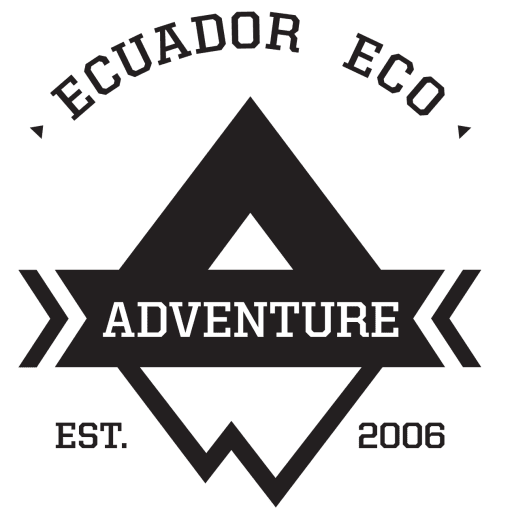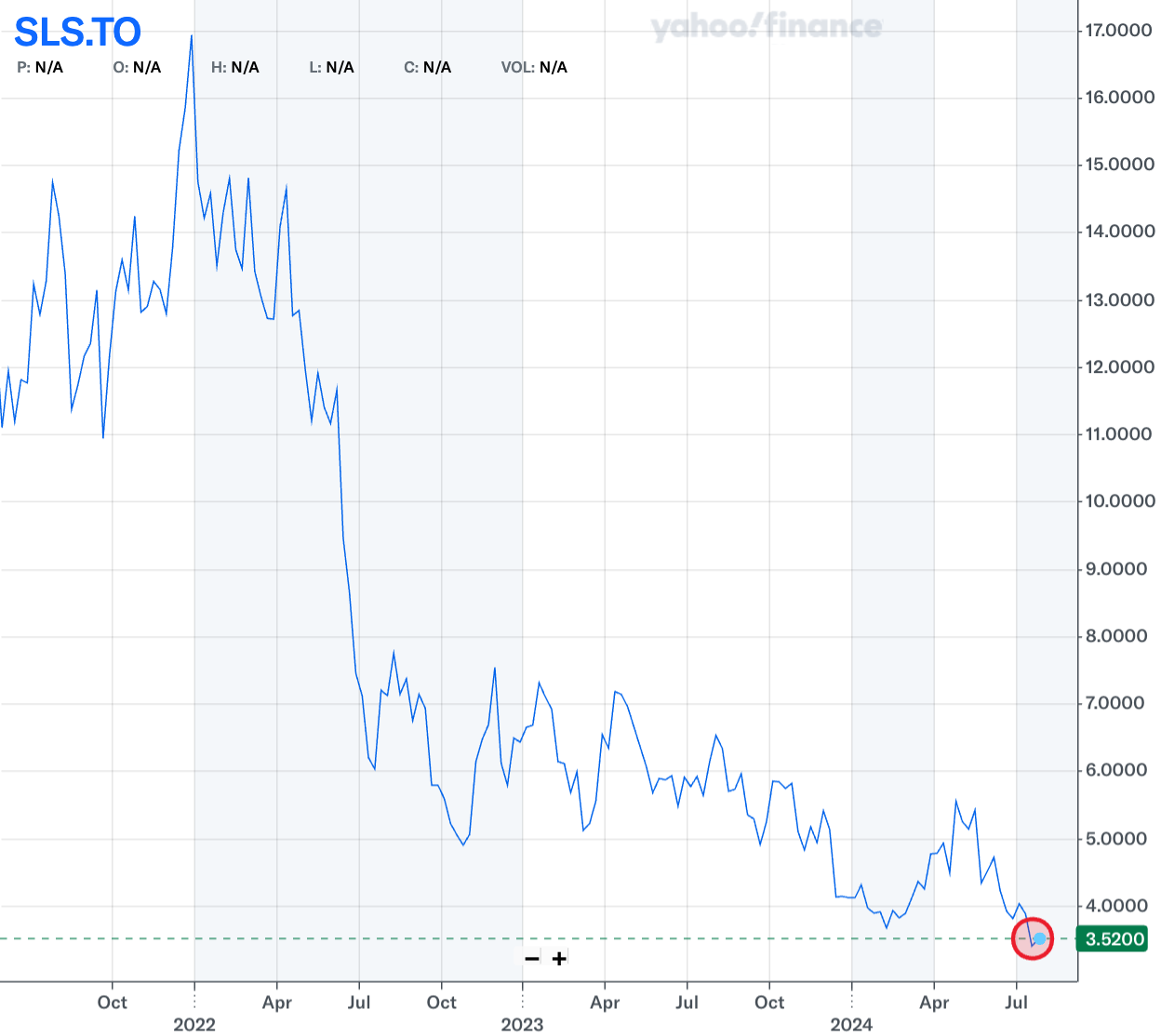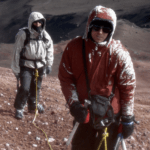This week, Solaris Resources saw its stock price drop to CAD 3.31 (US $2.41), the lowest it has been, as Indigenous organizations renewed their actions against its flagship Warintza copper-gold project in Ecuador. Investor confidence in the company’s management is waning, reflected in the declining stock price.
The Warintza project, often promoted as a “world-class site,” is owned primarily by small-cap investors and management, with almost 40% owned by board chairman Richard Warke, a Canadian billionaire. Despite Solaris’s efforts to present the “Warintza model” as a benchmark for community relationships, the company has consistently failed to acknowledge strong opposition from the Indigenous Shuar Arutam Peoples (PSHA) since acquiring Lowell Minerals Exploration and the Warintza project in 2018.
In late 2021, investor optimism pushed shares to nearly CAD 17.00 (US $12.35). However, stock prices have since fallen and hit record lows this week, driven by multiple setbacks in recent months. A notable setback was the termination of Solaris’s deal with Zijin Mining due to regulatory challenges in Canada, which would have provided CAD 130 million (US $94.5 million) for advancing the project and potentially leading to Zijin’s acquisition of Warintza.
Solaris’s plans have also fueled tensions and conflicts within Indigenous organizations. This week, police reportedly evicted the governance council of the Interprovincial Shuar Federation (FICSH) from its headquarters without legal basis, further exacerbating conflicts. The FICSH council, led by historical Shuar leader Domingo Ankuash, is known for opposing extractive projects and replaced the previous president who had made unauthorized agreements with Solaris.
The National Federation of Indigenous Nationalities of Ecuador (CONAIE) condemned the recent events, accusing the Ecuadorian government and Solaris of violating the Shuar Nation’s autonomy and rights to free, prior, and informed consent.
Continued Opposition
Indigenous organizations continue to publicly denounce Solaris and the Warintza project. At Solaris’s Annual General Meeting in June, youth from the Mankiuants community used social media to challenge the company’s narrative, producing viral videos that reached nearly 200,000 views and coincided with a drop in stock prices. In July, the Inter-federational Committee of the Shuar-Achuar Peoples, including PSHA, NASHE, and FICSH, reaffirmed their rejection of mining in their territories in a strongly worded statement.
Legal Risks and Lack of Consent
Despite grassroots resistance, Solaris continues to mislead investors, downplaying Indigenous opposition and claiming to have obtained a “social license” through consultations with only two communities. An International Labour Organization committee concluded that these claims are inaccurate, as the Ecuadorian government, not corporations, is responsible for such consultations under international law.
The government has not conducted the required consultations nor obtained consent from the Indigenous communities, posing significant legal risks to the project’s viability. Opposition to the Warintza project from the PSHA and other Indigenous organizations has persisted for over two decades, highlighting the long-standing resistance to mining on their ancestral lands.
Impact on Investors
Solaris Resources’ stock volatility is closely tied to the Warintza project, the company’s most crucial asset. Risks such as intensifying Indigenous opposition, eroding trust in management, and political instability in Ecuador negatively impact investor confidence and stock valuation.
Since acquiring Warintza, Solaris has not fully disclosed the associated risks. To maintain its reputation among investors and regulators, the company downplays Indigenous opposition. The recent stock decline reflects the growing mistrust among investors due to Indigenous resistance and management decisions.
The PSHA and other Indigenous federations reject Solaris’s corporate greenwashing and remain firm in their opposition to Warintza. In solidarity, Amazon Watch continues to amplify these voices, raising awareness about the impacts of large-scale mining on Indigenous territories and advocating for #MiningOutoftheAmazon.
Jake is originally from Sydney and co-founded Ecuador Eco Adventure with Wlady back in 2006. Together they built one of the country's most prominent climbing and hiking agency that is number one in summit attempts of Chimborazo, Cotopaxi, Antisana, and Cayambe. Ecuador Eco Adventure has since been recommended in National Geographic Adventure, The Rough Guide, and the Lonely Planet.




0 Comments